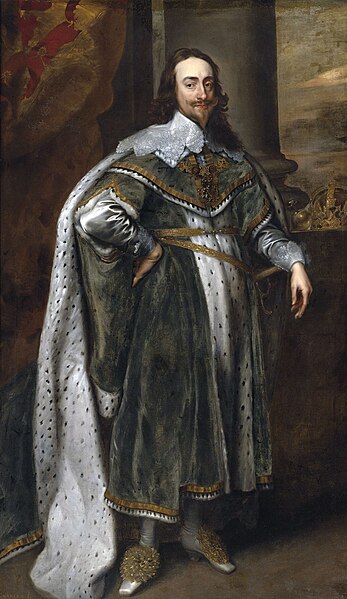Infinite photos and videos for every Wiki article ·
Find something interesting to watch in seconds
Kings of France
Tallest Buildings
Celebrities
Countries of the World
Richest US Counties
Best Campuses
Rare Coins
Presidents
Great Artists
Recovered Treasures
Largest Palaces
Great Museums
Wonders of Nature
British Monarchs
Ancient Marvels
Great Cities
Sports
Largest Empires
Famous Castles
Supercars
Crown Jewels
History by Country
Orders and Medals
Wars and Battles
World Banknotes
Animals
more top lists





